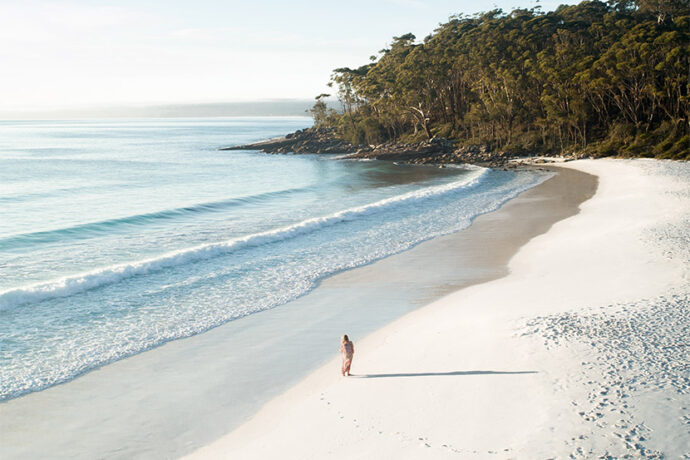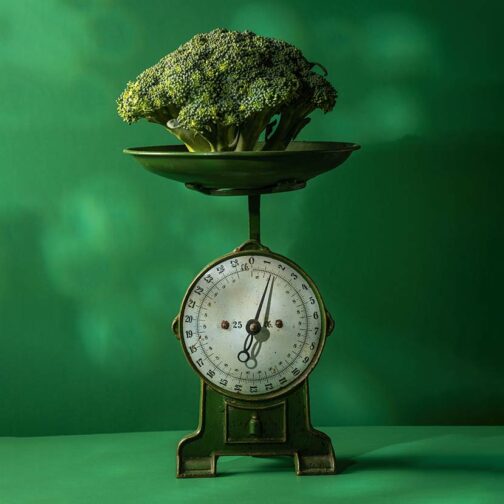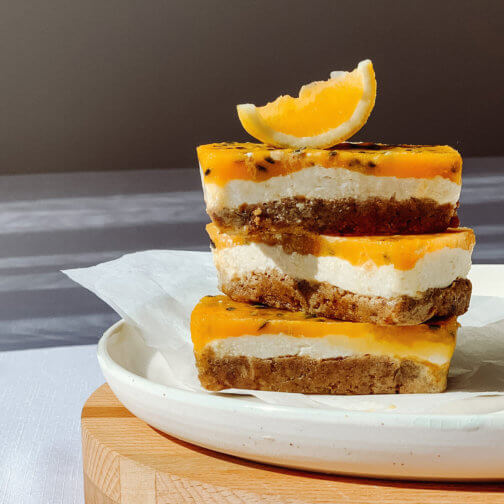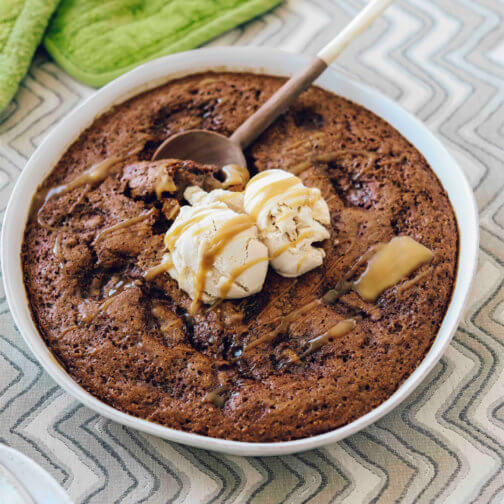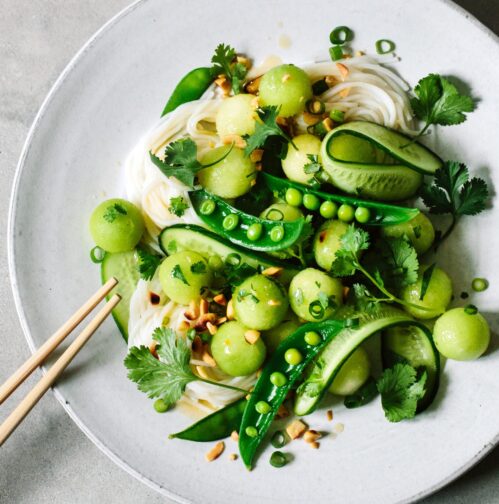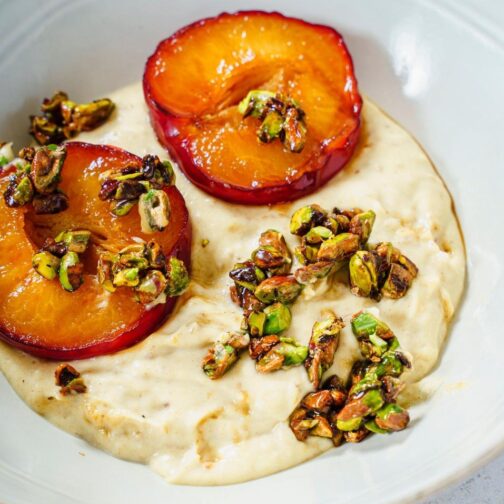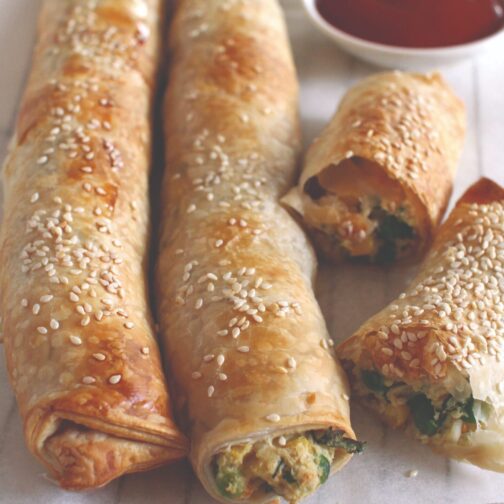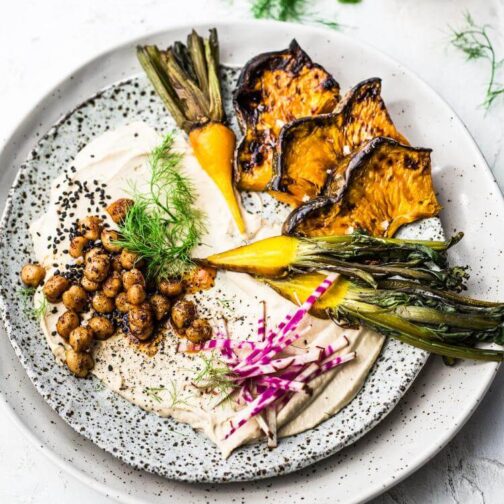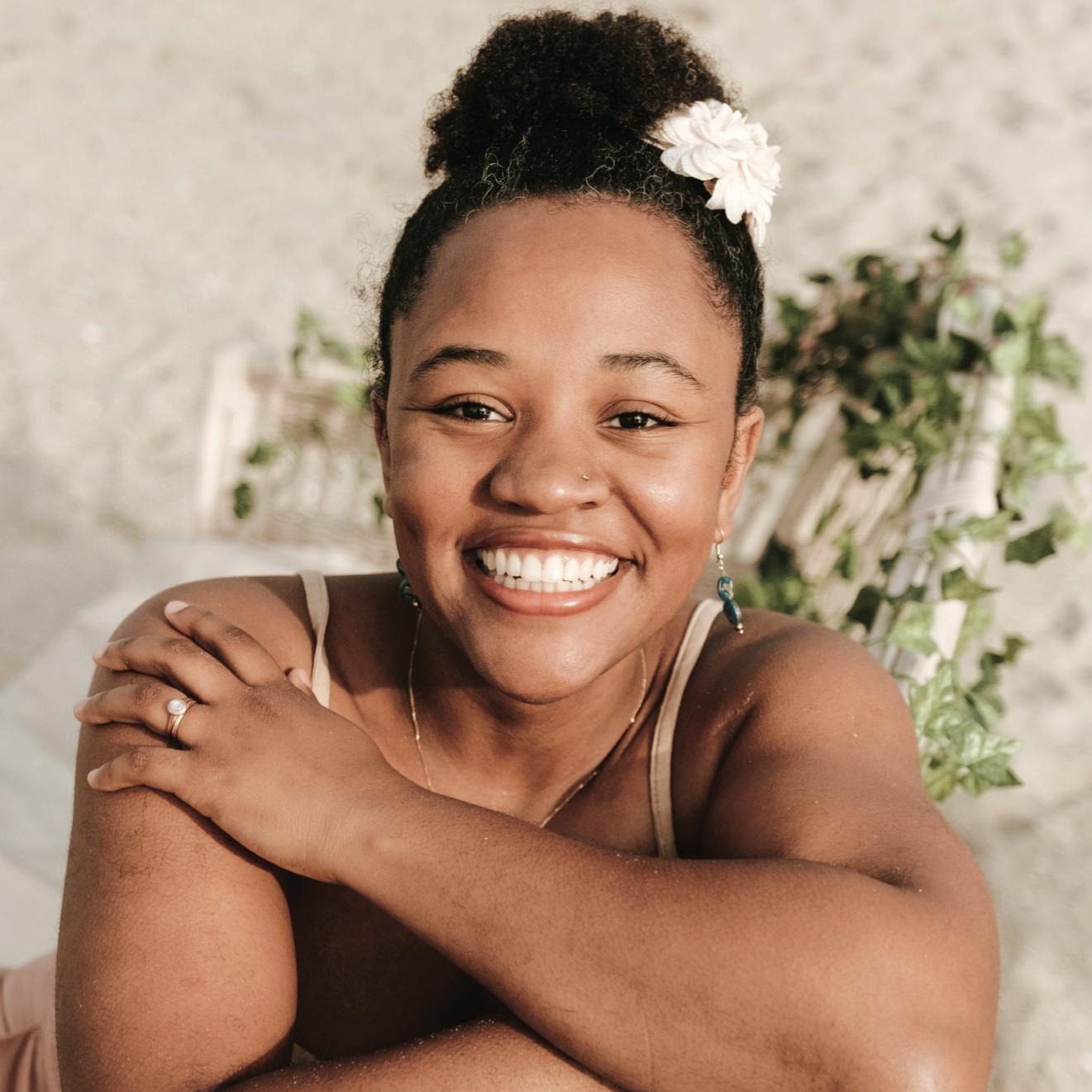
Food is central to many cultures, for a variety of reasons. And deciding to go against the norm isn’t always accepted.
I’m a Haitian-born woman who grew up eating organic, local meat. Then I became a strict vegetarian for two years, and I now practise a mostly wholefood, plant-based lifestyle.
I’m not sure what first attracted me to plant-based living. However, I do remember shocking my family during one of our traditional Sunday dinners when at 11 years old, I announced my desire to be a vegetarian. My mother punched back at the following dinner with a plate of thinly sliced steak fried in my favorite spice blend and served with ‘pikliz’, a pickled condiment common in Haitian cuisine.
The next time I expressed the desire to change my diet, she phoned our priest, and he practically conducted an exorcism to settle the vegan ghost. Haitians are deeply religious people – whether it’s Voodoo or Catholicism, we get behind a spiritual practice, and it becomes central to everything. We have a similar relationship with food. Any rejection of food is viewed as almost blasphemous. I didn’t understand this intricate link between food and culture 17 years ago as a young girl. I now see it all through a different lens, and I’m approaching my family history and how Haitians relate to food with curiosity.
I’m approaching my family history and how Haitians relate to food with curiosity.
I was born in La Vallée-de-Jacmel, in the Southeast of Haiti. By the time my parents had me (the second child of three) they had both worked hard to elevate themselves out of poverty and had built two houses – one in our rural village and the other in the capital city of Port-au-Prince. While two homes were a sure sign of wealth, what set my parents apart from others in our neighborhood was how we ate.
Every Sunday, after attending the only Catholic church in our area, our cooks served up a fanfare of a lunch. The ‘Kompa’ music would blare as servers passed around plates of beet salad, fried plantains, pikliz, ‘gryo’ (a marinated, fried pork dish), mushroom rice, and all sorts of deep-fried root vegetables native to the island. People joined us from up and down the mountain and took plates home to feed their loved ones. Having all that food, and especially the money to raise and have animals slaughtered, meant that my parents could serve meat to both their immediate family and their local community. This was seen as a status symbol – and given many people in Haiti live in a state of survival, food was rarely turned down.
My family moved to Spring Valley, New York, on political asylum when I was eight years old. The privilege they had was lost. They kept meat in their diet, most likely because it meant, ‘I can still take care of my family’. So, imagine me, barely a minute into puberty, and telling my mother I knew how to care for myself better than she did – unheard of, and surely insulting! I’m sure I gave her a reason, and it likely had to do with saving animals because I was a compassionate kid. Still, it was a foreign idea to her because livestock was viewed as a food source in our culture, and the thinking was there’s nothing cruel about providing for your family.
These views are not unique to my family. Anuella Alexandre is another Haitian vegan and the founder of A Green Community, a non-profit organisation that teaches children of low- to middle-income families how to grow organic wholefoods. Her family also gives animal protein certain importance. “My sister went to Haiti not too long ago, and her father had pigs and goats killed and cooked. There was so much food, but that is the welcome,” she said. “It is a privilege to have people do something like that for you.”
Anuella, who has been plant-based for five years, would have also politely declined the feast. She told me, “I don’t eat meat at all and don’t budge on that, so when I go to Haiti, I have a prior conversation with my family. I say, ‘please, there’s no need to kill a chicken on my behalf; for me, there’s no privilege in it, but I have no problem with how you choose to celebrate’.” With advanced communication, her relatives are receptive to her lifestyle choice.
Like me, Anuella started cutting animal products out of her diet in adulthood for health reasons, not to promote a cultural revolution. However, she has noticed that gossip emerges when she eats to her preference in some Haitian circles, and particularly among the older women who attend her sister’s church. They whisper of her having ‘foli’, which most closely translates to ‘folly’. To some Haitians, the idea of not consuming animal products is so alien, it’s considered foolish.
Being a woman in her thirties, Anuella has more agency than I had at 11 years old. She chooses to simply remove herself from social environments that do not respect her decisions. Her friends, with whom she chooses to spend time, are mostly plant-based – and largely because of her silent leadership. “When I first decided to transition, my sister gave it a try, although she’s no longer vegan. But there’s been a domino effect among my friends, and many maintain the lifestyle.” Anuella has also inspired her mum and stepfather to lean more into a plant-based diet, also for improved health.
There’s been a domino effect among my friends.
Shawn Boursiquot, one of my biological cousins, has also been plant-based for four and a half years, and his mother has joined in, cooking traditional dishes sans animal protein. He says, “I think a lot of Haitian cuisine is naturally plant-based; we have plenty of options that are off the land because that’s how we live.” However, only opting for plants and wholefoods raises eyebrows, even for Shawn, who received more family support than I did.

Shawn, a screenwriter now living in Los Angeles, elaborates that going plant-based has taught him how to be an active choice-maker. “You do get a lot of jokes thrown your way, but I don’t let it affect me.” Shawn stuck with it until his mum started asking more questions and even making gradual changes to her own diet. First, she stopped eating red meat, then chicken. She is now mostly plant-based, but sometimes pescatarian.
You do get a lot of jokes thrown your way, but I don’t let it affect me.
Shawn says, “I felt like an example; that’s how I’ve learned best from other people and how I live my life.” His health and success help to chip away at the idea held by many Haitians that living a plant-based lifestyle is insane – or worthy of spiritual intervention. The reality is that Haitian cuisine is primed for veganism: it’s simply a matter of not adding the additional animal protein or otherwise replacing it, as Shawn’s mum has learnt to do. His family example has shown me that staying the course with my own lifestyle might also encourage my family network to eat more organic, plant-based foods.
Shawn says, “Stick to your choices but communicate. Family members may view your choices as disrespectful, but you have to express how you feel through a real heart-to-heart – like, ‘this is what I’m trying to do’ – and, in that way, you start to build understanding around your lifestyle change. Anuella shared a similar message and left me with an encouraging perspective. “Have conversations from a loving place and be compassionate. Shaming can turn a lot of people off becoming plant-based.”

